

Long thought to have been damaged in the Great Fire of 1834 - which is believed to have originated in the furnace room of the hall’s basement - new archaeological evidence, supported by historical records, reveals that sections of the hall’s medieval stone walls not only survived the blaze and a nearby WWII bomb strike, but were restored, re-roofed and continued to be used until the building’s final demolition in 1851.
Hmm. Sounds like WWII started much earlier than I had heard.








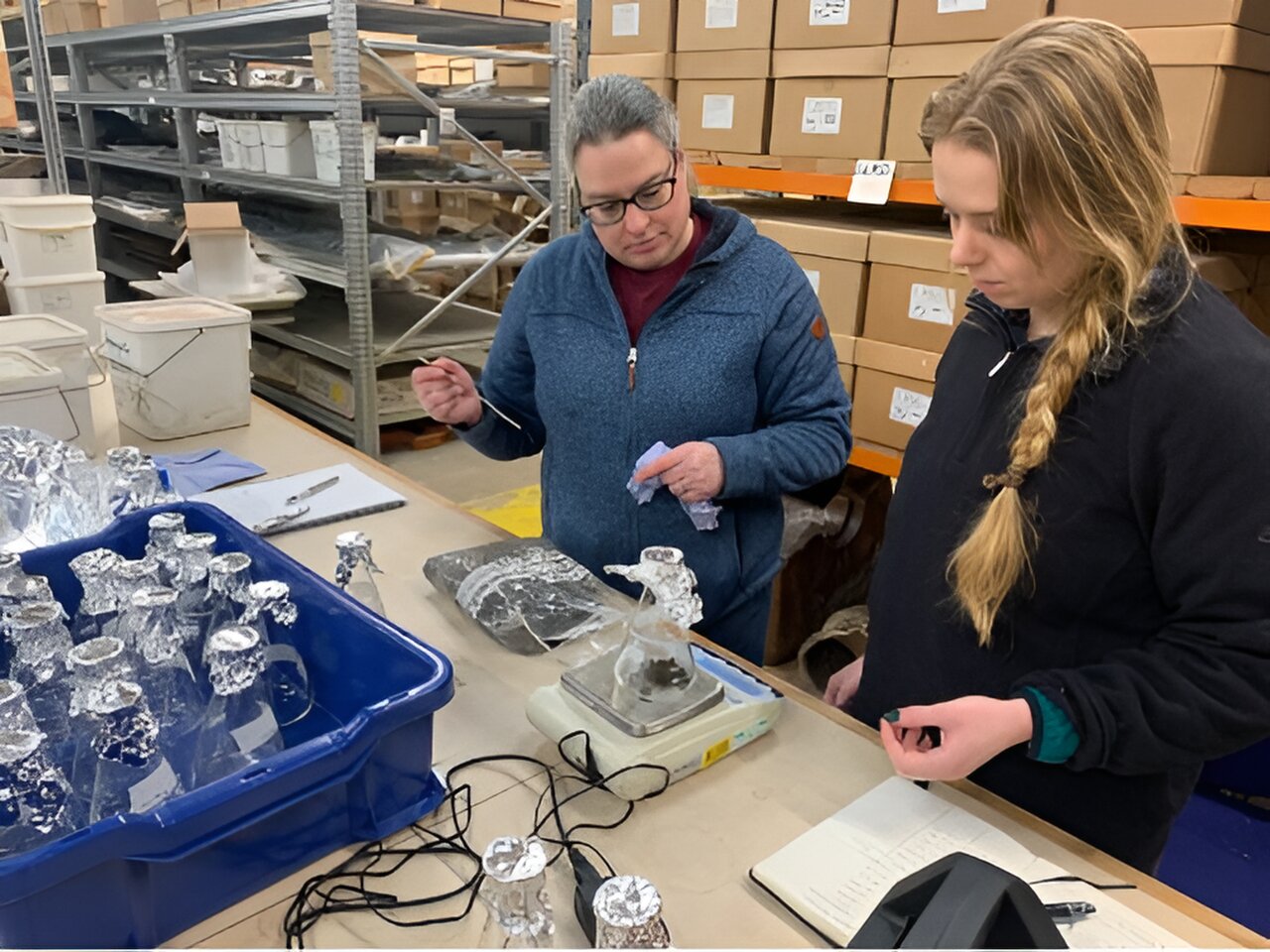
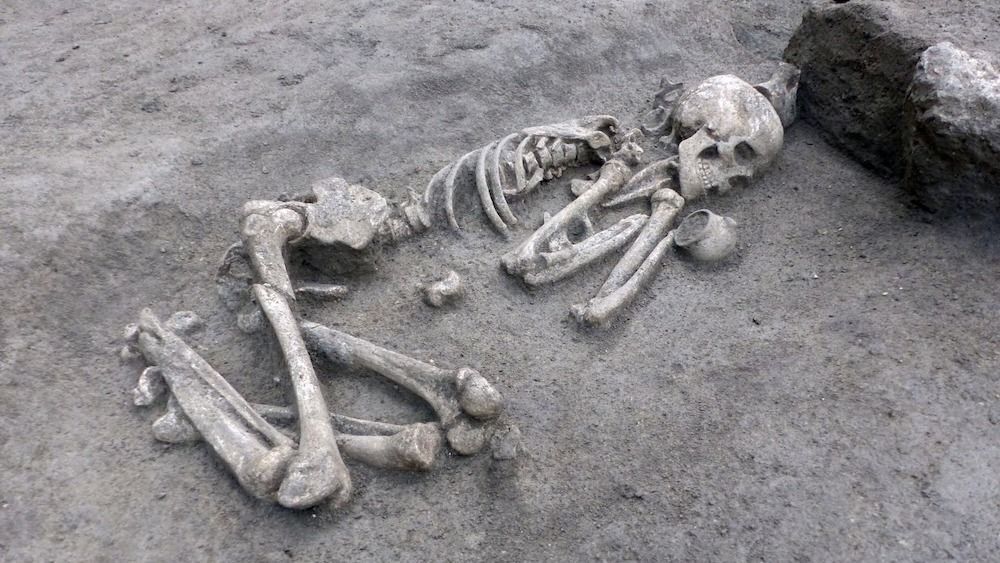
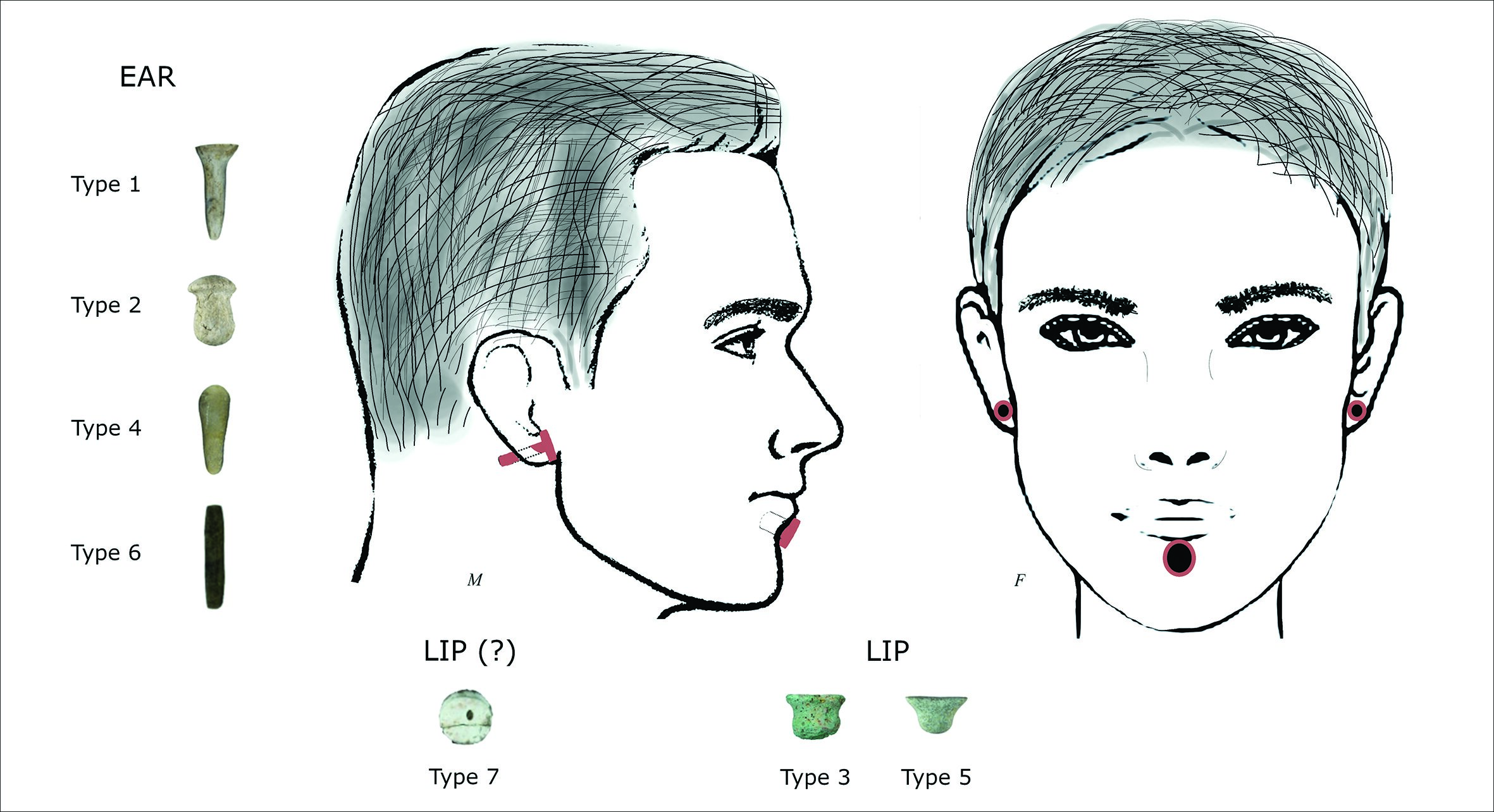








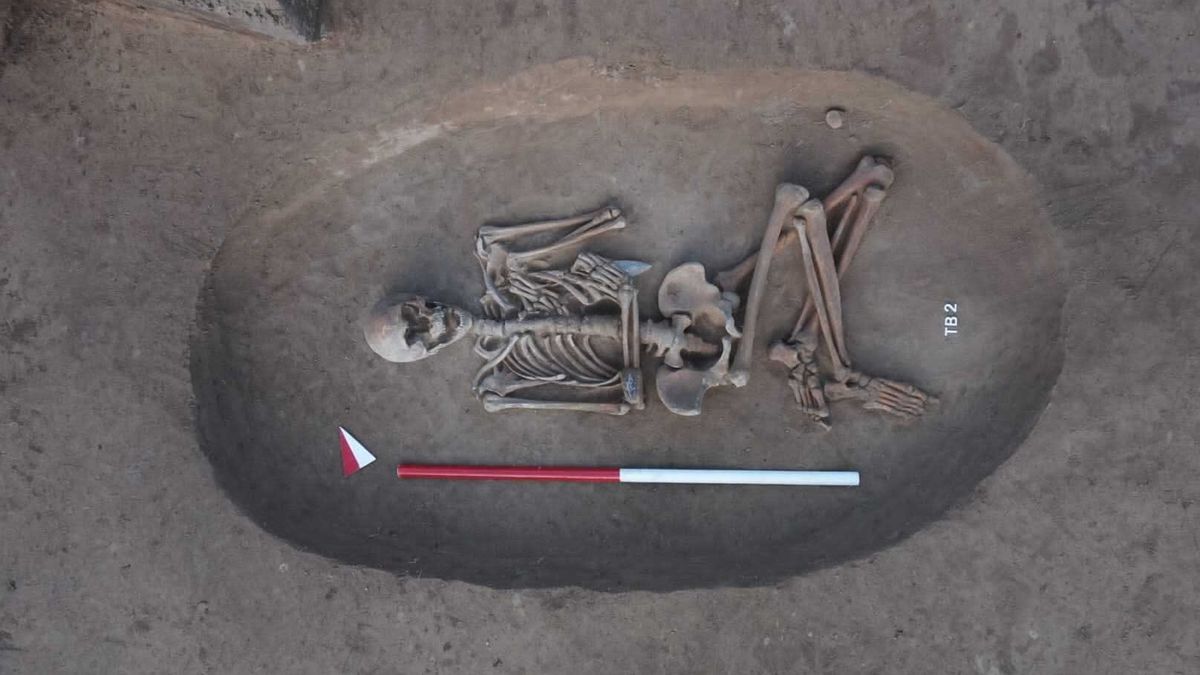






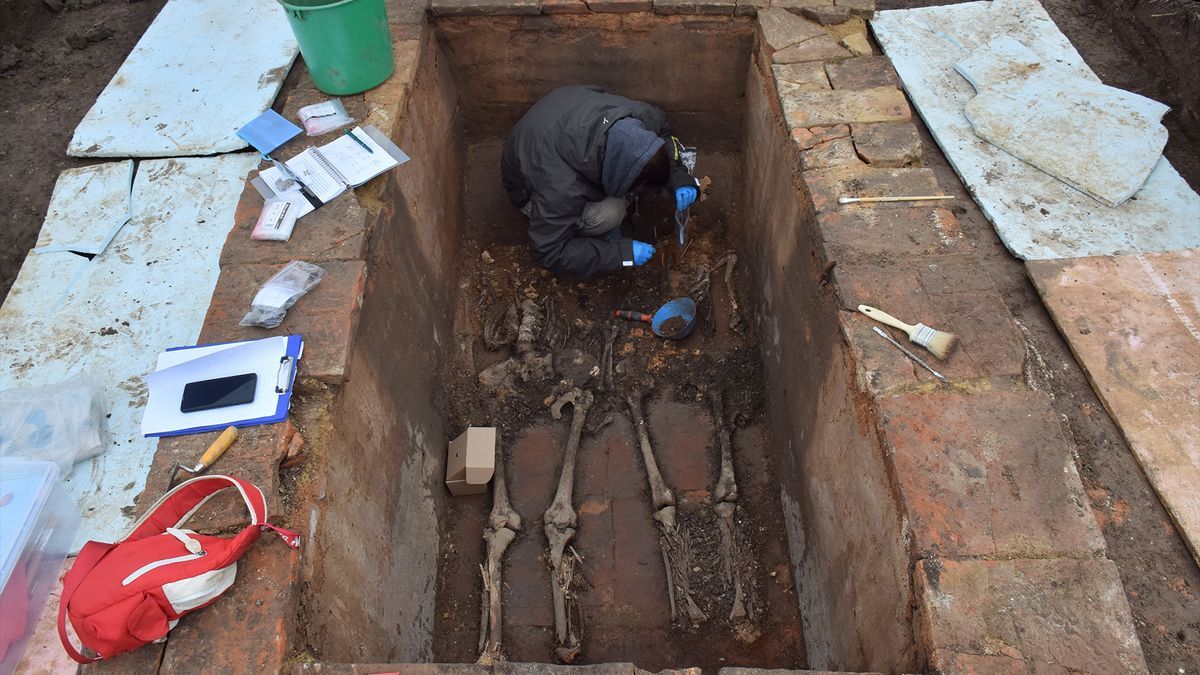



A lot of brands do use bags containing plastic - which probably isn’t great in terms of you actually ingesting microplastic as you drink, let alone composting - but some do not. The trick is to find the brands that don’t and use them. They fully compost.